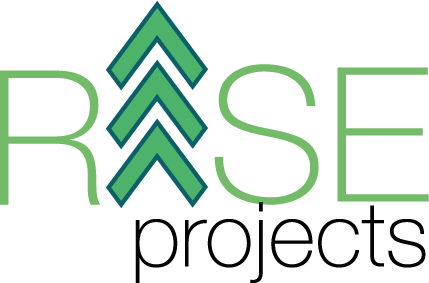No doubt, the effects of the pandemic are already taking a devastating toll on millions of people, from the workforce to the economy. The youth are especially vulnerable to the pandemic due to the rapid societal shifts being witnessed currently. As the younger generation around the world are being asked to learn remotely through digital tools, access to education has become challenging, making the stark digital divide in education more apparent.
The lack of support for students during this unprecedented time as come as a surprise for all, me included. During the first lockdown, the closure of schools nationwide, my experiences in and of the pandemic allowed me to develop new skills and but also important life lessons, typically not learnt in a classroom. Learning new life skills, particularly personal selfcare, mental resilience, effective communication skills, planning and prioritising my college workload and work commitments, means I’m less fazed by new surprises or uncertainties. Therefore, I’m able to rely more on my own initiative, this is something I’m grateful for.
The cuts to youth provisions, particularly the closure or reduction of youth mental health services needs to be evaluated. Many young people have experienced a hike in mental pressures causing them to deal with this on their own and feeling alone, amid the urgency of the pandemic. We now need to refocus our attention on mental health support and care for young people to ensure the impact of the pandemic on children and youth people can be eased.
It's safe to say that we have been glued to our devices, be it to catch up with the demand of our schoolwork, or simply keeping track of the virus panic the media has created. While the use of laptops and iPads were once a pastime luxury, they are now an educational necessity that not all can afford. This has led to severe inequalities within the UK education system which has in the past, although adapted well for many, continues to neglect those from BAME and poorer backgrounds.
As an A-level student currently doing four demanding A-levels, I often struggle to find the time to socialise with my family members as I’m bombarded with work glued to my workspace constantly trying to meet my deadlines for assignments, it can come as a task to find the time and mental energy in a day to catch up with my family. So despite all our countless setbacks caused by Covid-19, I am also grateful for: the little extra sleep I can get and mentally prepare myself with in the morning before an online lesson, and being around my family members throughout the full day in the comfort of our home.
Covid-19 has truly taken its devastating toll on society. But among all the chaos of lockdown, social movements such as Black Lives Matters has gained more prominence after the devastating deaths of countless lives through police brutality, all of which we watched from our screens in shock.
What has brought some peace to this unprecedented storm? Well, social media platforms such as TikTok were prevalent, and with the troubles of coronavirus still lurking, social media allowed millions to show support from inside their homes, uniting society universally; in supporting key workers, the NHS, those who have lost a loved one to the virus and has started the journey toward solidarity, against racism and police brutality. So, what off returning to normal, in embracing a new normal? Highly unlikely, but there’s no harm in a new obstacle for society to collectively overcome.
Luqman Osman is a student at London Academy of Excellence in Tottenham and a Youth Club Officer at RISE Projects.


